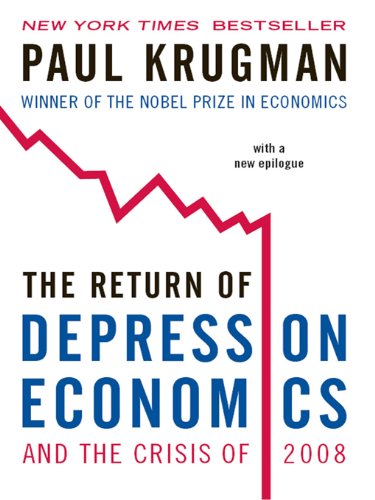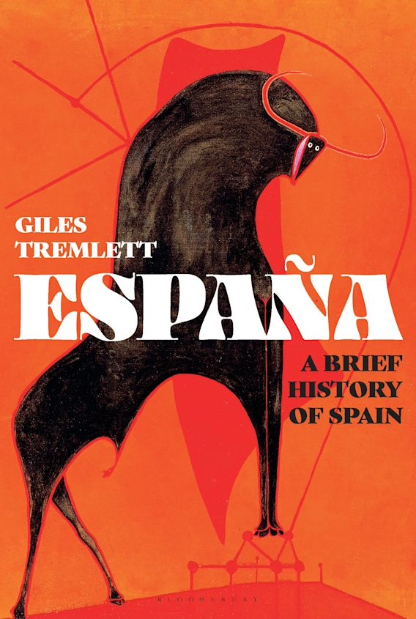The Case for the Green New Deal, Ann Pettifor, Verso, 2019, pp. 185, ISBN 978-1-78873-815-6
Ann Pettifor was a member of the group that heeded the challenge posed by Thomas Friedman to come up with a ‘Green New Deal’ back in 2007. That group of activists, economists, parliamentarians, editors, and renewable energy business owners came up with a report, published in July 2008, that called for a Green New Deal, a set of “joined-up policies to solve the triple crunch of the credit crisis, climate change and high oil prices.” Coming at the outset of the Great Recession, the report did not receive much news coverage, as the collapse of Lehman Brothers and other financial institutions overshadowed it. Gradually, it was taken up by the United Nations Environment Program and the European Parliament, alongside a handful of politicians. Ten years later, Green New Deal burst onto the scene with the activists of the Sunrise Movement who occupied Nancy Pelosi’s office in the Congress, calling for concrete action to be taken to avert a climate catastrophe. Even though Pelosi initially dismissed the activists as calling for a “green new dream, or whatever,” soon after, Alexandria Ocasio-Cortez and Ed Markey introduced a resolution that called for the transition to a green economy. Now, its endorsement is a prerequisite for any serious Democratic contender for the Presidency.
As Ann Pettifor says, “it really does take an American,” though her solution comes from a Briton, John Meynard Keynes.
The differences between Pettifor’s GND of 2008 and its American version of 2018 are few. The main difference is in its orientation, in that the former is more internationally oriented than the latter. The American GND is deliberately vague, setting out laudable goals that would usher the society into a green transformation of the economy, but omits how it ought to be paid for. The UK version deliberately focuses on the global, which as a consequence, would translate locally. The researchers condemned financial regulations as having caused the creation of limitless credit, which fueled environmentally unsustainable consumption and investment. Pettifor, with her colleagues, identified monetary policy as the best tool to regulate the domestic system and ensure environmental stability and social justice. In their report, the authors argued that monetary policy represents a public good and that the public needs to regain control of the domestic and international monetary system. Ultimately, Pettifor argues that deploying the right monetary strategy would allow us “to do what we can do,” and that the GND would pay for itself.
As an example of economic powerlessness of nations, Pettifor uses the IMF and the Eurozone system. Both fall outside of the reach of national governments and their democratic control, ‘encased’ and protected from regulation. In the case of the euro, central banks are removed as the lenders of last resort, leading nations to turn to private capital for finance, thereby bowing to their interests at the behest of its citizens. To fund the GND, governments will inevitably end up on a collision course with private financiers whose demand for high real rates of interest on capital and a curb on public spending would contrast the need for controlled interest rates and large public infrastructure investments. Thus, public control over the monetary system is crucial if the GND is to succeed. This is no small demand by any means, for it would require the transformation of financial capitalism as it stands.
Pettifor argues that we need a new economic framework within which to operate. Drawing from ‘steady-state economic’ pioneer, Herman Daly, she identifies the economic system as a subset of a global ecosphere, operating within its biophysical limits. Any such effort aimed at curtailing the need for perpetual growth of capital, as well as its mobility that has the power to bankrupt countries, would require firm government control over its economy and increased policy autonomy. It is here that the central bank plays a crucial role in the future green transformation of the economy. Theoretically, at least, central bankers can control the flows of capital, access to currency and lending, issue permits for corporations to operate within the state’s boundaries, issue government bonds, and decide, with other government bodies, who can participate in the bond market. Such proposals are, of course, sacrilegious in an era of neoliberal capitalism which subordinates the interests of private capital to public benefits. Thus to implement these policies, an ideological overhaul would have to underpin systemic changes that would allow countries and its central banks to manage its monetary policies and supplement it with a fiscal policy aimed towards a steady-state economy.
To finance the GND, Pettifor suggests using monetary credit creation, loan-financing from existing savings through the issuance of bonds by the treasury, tax revenues and surplus resources of savers, who would, in return, be guaranteed bonds issued by the national bank. A combination of these strategies, and sound fiscal management would ensure that the money already in the pipeline for infrastructure spending in the business-as-usual scenario is rerouted towards climate goals. As Pettifor suggests from the beginning, we can implement the GND with what we have.
Pettifor’s argument hinges on a wholesale challenge to the preexisting social and economic order. It rests on the currently weak foundation of political parties and movements, whose activities fail to challenge corporations and the growth mantra. Despite an increase in interest in climate change, greenhouse gas emissions continue to increase, more oil is pumped from the ground, and while the leaders talk a big game, little changes on the ground. While Pettifor calls for the transformation of our economies, she shies away from naming the solution as it stands, namely, ecosocialism. Capitalism, by its very expansionary logic, cannot be controlled, as John Bellamy Foster, Paul Burkett and Martin O’Connor have shown. Nonetheless, Pettifor’s book offers a potential solution to implementing the GND in the short run, a palatable version that could weave its way through the administrative bureaucracy.




